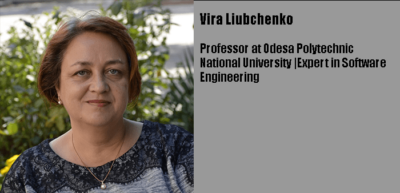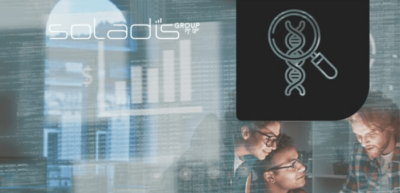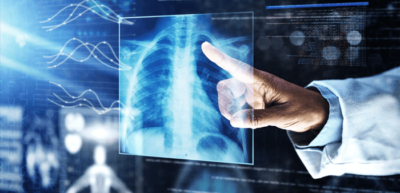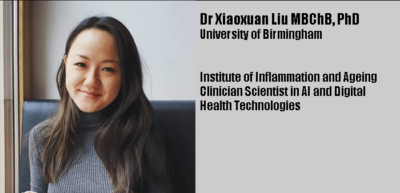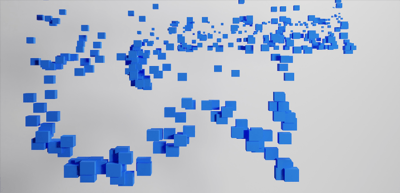Revolutionizing healthcare: the role of artificial intelligence in clinical practice
Shuroug A. Alowais, Sahar S. Alghamdi, Nada AlsuhebanyIntroductionHealthcare systems are complex and challenging for all stakeholders, but artificial intelligence (AI) has transformed various fields, including healthcare, with the potential to improve patient care and quality...
Methodology for illness detection by data analysis techniques
Vira Liubchenko*, Nataliia Komleva, Svitlana Zinovatna, Jim BriggsThe research aims to develop information technology for identifying problematic health conditions by analyzing measurement data. The literature review highlights various approaches to medical diagnostics,...
AI for the detection of diseases – Image analysis
In recent years, artificial intelligence has played a prominent role in the area of health.Its booming use has to fulfil various technical, legal, policy and budgetary criteria.1. Technical aspectsArtificial intelligence (AI) is currently reshaping the world, especially in...
Better diagnosing diseases with the help of AI
Researchers improve the trustworthiness of medical imaging diagnoses with innovative three-stage system powered by AIAn interdisciplinary team of researchers at the University of Waterloo has developed a more trustworthy method to diagnose diseases such as COVID-19,...
European validation of an image-derived AI-based short-term risk model for individualized breast cancer screening—a nested case-control study
Mikael Eriksson, Marta Román, Axel GräwingholtSummaryBackgroundImage-derived artificial intelligence (AI)-based risk models for breast cancer have shown high discriminatory performances compared with clinical risk models based on family history and lifestyle factors. However,...
Artificial intelligence in disease diagnostics: A critical review and classification on the current state of research guiding future direction
Stefan StieglitzThe diagnosis of diseases is decisive for planning proper treatment and ensuring the well-being of patients. Human error hinders accurate diagnostics, as interpreting medical information is a complex and cognitively challenging task. The application of...
Artificial Intelligence for Hospital Health Care: Application Cases and Answers to Challenges in European Hospitals
Matthias KlumppThe development and implementation of artificial intelligence (AI) applications in health care contexts is a concurrent research and management question. Especially for hospitals, the expectations regarding improved efficiency and effectiveness by the...
A comparison of deep learning performance against health-care professionals in detecting diseases from medical imaging: a systematic review and meta-analysis
Xiaoxuan Liu, Livia FaesSummaryBackgroundDeep learning offers considerable promise for medical diagnostics. We aimed to evaluate the diagnostic accuracy of deep learning algorithms versus health-care professionals in classifying diseases using medical imaging.MethodsIn this...
Diagnosing disease with AI could be the new norm in personalized medicine
A new AI diagnostic tool uses microbiome data and lifestyle factors to predict risk of multiple diseases, ushering in a new era of personalized healthcare.Our bodies are brimming with trillions of microorganisms, including bacteria, fungi, parasites, and viruses....
Artificial intelligence in disease diagnosis: a systematic literature review, synthesizing framework and future research agenda
Yogesh Kumar,1 Apeksha Koul,2 Ruchi Singla,3 and Muhammad Fazal Ijaz 4Artificial intelligence can assist providers in a variety of patient care and intelligent health systems. Artificial intelligence techniques ranging from machine learning to deep learning are prevalent in...


